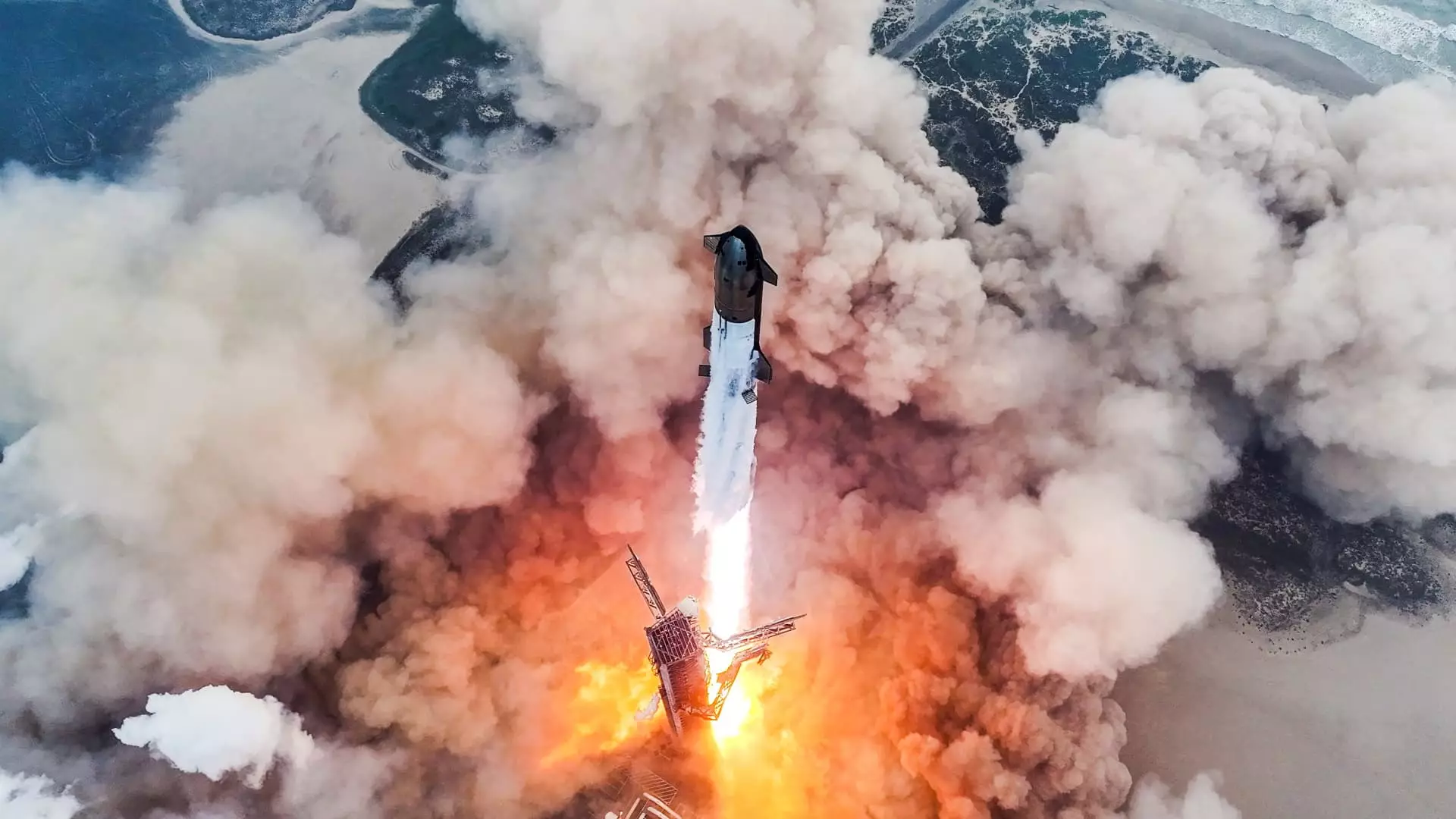SpaceX, the aerospace company founded by Elon Musk, has been under scrutiny for violating environmental regulations by releasing pollutants into bodies of water in Texas. The Texas Commission on Environmental Quality (TCEQ) issued a notice of violation regarding SpaceX’s water deluge system at its Starbase launch facility, following complaints received in August of 2023. This violation notice came after the Environmental Protection Agency Region 6 office had already informed SpaceX that it had violated the Clean Water Act with similar activities.
The release of pollutants by SpaceX could have significant consequences for the future operations of the company. To gain approval from the Federal Aviation Administration for future launches, aerospace companies like SpaceX need to comply with state and federal environmental laws. Violation notices from agencies like the TCEQ and EPA could delay these approvals, result in civil penalties, and even lead to criminal charges for SpaceX.
In response to the violation notices, SpaceX stated that regulators have allowed the company to continue with its launch operations despite the violations. This raises questions about the effectiveness of regulatory oversight in ensuring environmental compliance. The delay in SpaceX’s application for a permit following the violation notices also calls into question the company’s commitment to addressing environmental concerns.
Environmental engineer Eric Roesch and coastal ecologist Kenneth Teague have expressed concerns about the environmental impact of SpaceX’s activities. Roesch highlighted the risks of further wastewater discharges triggering additional investigations and legal consequences for the company. Teague pointed out the inadequacies in SpaceX’s permit application, particularly in relation to the discharge of pollutants like mercury, which could have serious ecological consequences.
The discharge of pollutants like mercury into bodies of water poses significant risks to the environment and public health. Mercury is a potent neurotoxin that can accumulate in fish and wildlife, posing a threat to both aquatic ecosystems and human populations. Teague’s evaluation of SpaceX’s permit application revealed alarming levels of mercury in the wastewater, far exceeding water quality criteria set by regulatory agencies.
The environmental violations committed by SpaceX highlight the need for greater accountability and transparency in the aerospace industry. Regulatory agencies must enforce environmental laws effectively to prevent further harm to ecosystems and public health. Companies like SpaceX must prioritize environmental stewardship and demonstrate a commitment to sustainable practices in their operations.
The environmental violations of SpaceX in Texas serve as a stark reminder of the importance of compliance with environmental regulations in the aerospace industry. The release of pollutants into bodies of water poses serious risks to ecosystems and public health, requiring stringent oversight and enforcement by regulatory agencies. SpaceX must take immediate and comprehensive action to address these violations and prevent further harm to the environment.


Leave a Reply